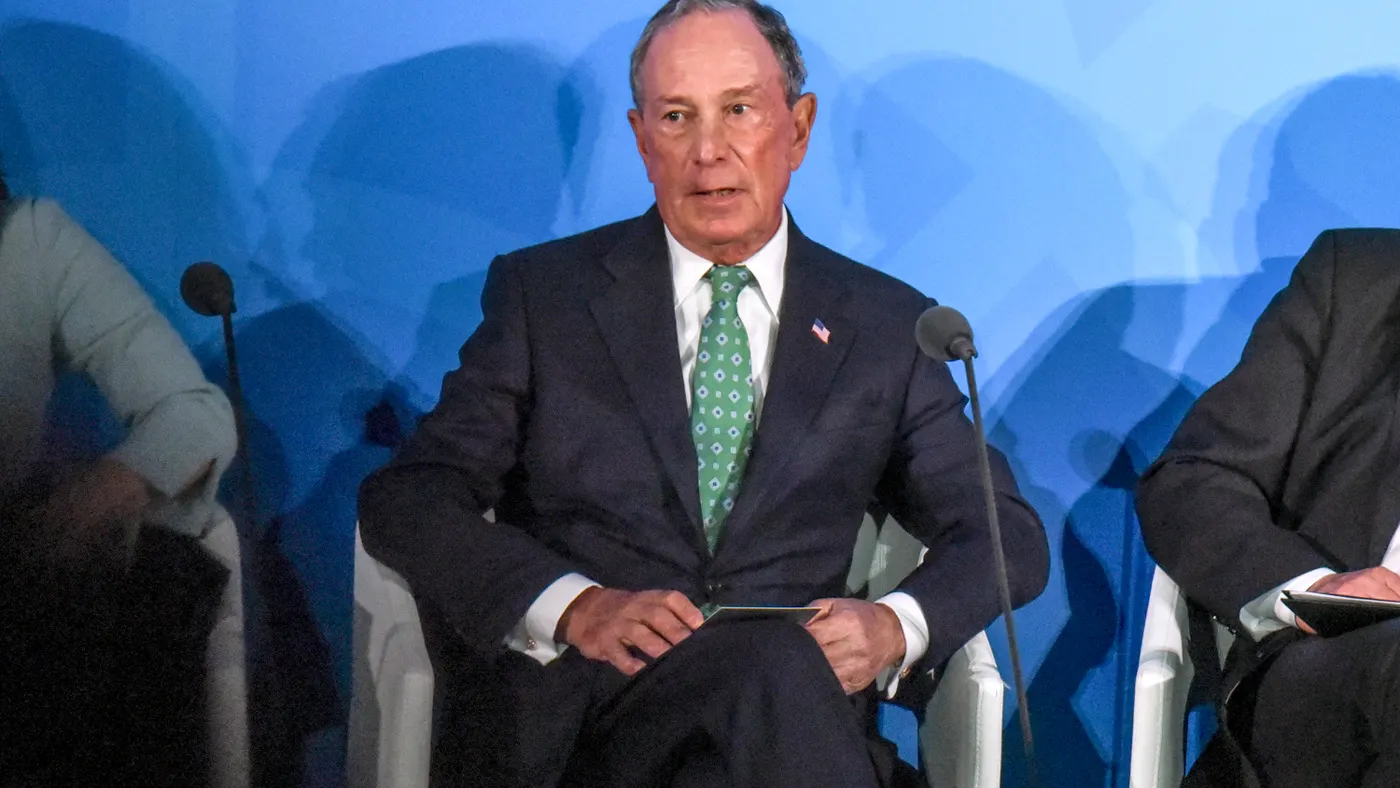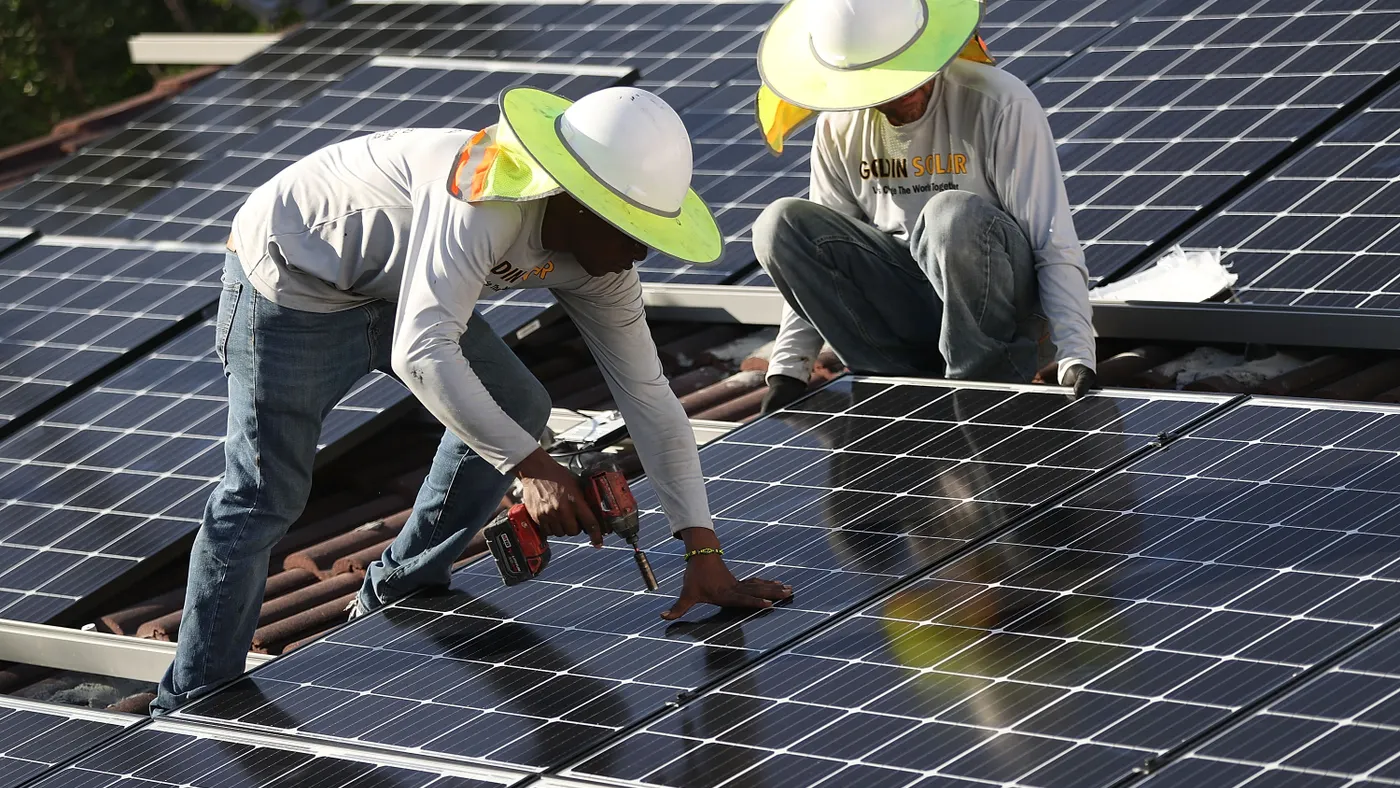
After years of confusion, global ESG reporting frameworks are coalescing
As companies began to integrate environmental, social and governance matters into their business operations, an unexpected problem arose: what exactly to measure to determine how companies are doing on their sustainability goals. A glut of frameworks filled the market — varying in overlap and content — without consensus from business-to-business or industry-to-industry, let alone other countries, on which to use.
Until a global consensus is reached, or individual countries implement clear regulatory guidelines, companies are left on their own to parse through which metrics they believe should be captured for their stakeholders. Data one company considers operationally critical could be a non-factor for another.
“In the world of ESG, there's so many subcategories when it comes to the framework and the standards,” David Ly, CEO of surveillance tech firm Iveda, told ESG Dive. “Every country is different. There's no consistency yet for reasons of priority.”
Clarity may be on the horizon, as major standard setters have combined in recent years to form the International Sustainability Standards Board and released a set of inaugural reporting standards in July 2023. Overseen by the International Finance Reporting Standards Foundation, the release included frameworks for companies to report climate-risks and other sustainability-related factors that could pose financial risks.
Support is starting to grow for adoption of the standards, as countries begin declaring voluntary adoption of the standards that go into effect in 2024, with compulsory adoption beginning in 2026. The frameworks also received additional endorsements from global market regulators like the International Organization of Securities Commissions, whose membership includes 95% of global securities market regulators.
“This is a critical moment in advancing IOSCO’s goal of improving climate-risk disclosure for investors,” IOSCO Chair Jean-Paul Servais said when announcing the endorsement in July. “ISSB conducted a robust process and have concluded that these standards serve as an effective and proportionate global framework of investor-focused disclosures on sustainability- and climate-related risks and opportunities.”
Reducing fragmentation
Companies looking for best practices for reporting sustainability or climate risks in the past noted difficulties deciphering what is required of them. The ISSB’s creation in 2021 sought to solve that after IFRS members expressed a demand for an organization that could develop a global framework.
IFRS was established in 2001 to create global accounting standards, so its members believed it would be uniquely prepared to bring the work of multiple organizations under one umbrella.
The new board absorbed the UK’s Climate Disclosure Standards Board, founded in 2007; the U.S.-based Value Reporting Foundation and its Sustainability Accounting Standards Board, founded in 2011; the International Integrated Reporting Framework, founded in 2013; and the Task Force for Climate-Related Financial Disclosures, founded in 2015 by the Switzerland-based Financial Stability Board.
Each had a number of businesses voluntarily use their framework, but created a disparate landscape for companies to navigate.
“In the world of ESG, there's so many subcategories when it comes to the framework and the standards. Every country is different. There's no consistency yet for reasons of priority.”

David Ly
CEO, Iveda
ISSB’s inaugural standards worked to integrate and distill the frameworks, along with metrics from the World Economic Forum, into a single baseline for companies to report sustainability and climate risks that pose a material risk. The board has also taken on oversight accountability for the companies who previously abided by the prior standards, most recently putting TCFD’s portfolio under its wings.
“By consolidating and inheriting the resources of other investor-focused initiatives … ISSB has been able to reduce fragmentation and align international support for a global baseline of sustainability-related financial disclosures from a broad range of stakeholders,” ISSB Vice Chair Sue Lloyd told the Association of German Banks in August.
The July release included the IFRS S1 standards for sustainability-related disclosures and the IFRS S2 standards for climate-related disclosures.
The S1 standards include disclosure requirements for the governance processes, strategies and performance dealing with sustainability risks that could “reasonably” affect a company’s cash flow. The disclosure framework also requires companies to explain how they monitor and assess sustainability risks.
The IFRS S2 standards, which work in concert with the IFRS S1, are more narrowly focused on climate risks to a company’s bottom line. The standards require companies to disclose their scope 1, scope 2 and scope 3 greenhouse gas emissions, as well any targets they set or are required by law related to climate change.
The framework also requires companies to disclose the amount and percentage of assets or activities it engages in that are vulnerable to physical climate or climate transition risks; how much of its assets and activities align with climate initiatives and how it invests in climate risks mitigation and opportunities.
“The effective implementation and application of [ISSB’s reporting frameworks] is critical to delivering the global baseline of sustainability-related disclosures for capital markets and ensuring that the information provided is of a high quality and comparable,” IFRS said in educational material supporting implementation of the two standards.
‘These decisions can change over time’
Now ISSB has to get the message out and sell companies and governments on why their framework should be the global gold standard — or at least the basis for other frameworks.
The standards’ announcement was endorsed by several groups in the global financial community, including IOSCO; the Financial Stability Board, who established the TCFD; and leaders of the G20 and G7 intergovernmental forums.
Chris Fidler, head of industry codes and standards for the CFA Institute, told ESG Dive that while the ISSB has gained a lot of global support, it still has detractors. An issue for some, according to Fidler, is ISSB’s focus on providing a framework based around the information they believe is material to investors and their portfolio decisions, whereas other frameworks have looked to parse out what information would be beneficial for a broader set of stakeholders. What metrics fall into which category depends on your perspective.
“If your lens is, ‘I'm making an investment … and I have a time horizon of five years and my goal is to get dividends or capital appreciation,’ then you will use that to determine whether or not information is relevant to your goals,” Fidler said. “If you're a policymaker, and your job is to take care of society as a whole, you will have a much different perspective.”
“It's also dynamic,” he added. “These decisions can change over time. Just because something was material yesterday doesn't mean it will be tomorrow and vice versa.”
The Global Sustainability Standards Board’s Global Reporting Initiative framework looks to provide that broader perspective and, as of October 2022, was the most widely used sustainability reporting framework, according to KPMG. More than 10,000 organizations across over 100 countries, including 78% of the world’s 250 largest companies by revenue, use GRI’s reporting framework.
The framework uses a modular system of universal, sector- and issue-specific standards. It’s currently building out topic standards on biodiversity, labor, climate change, pollution and economic impacts over the course of 2024, according to a presentation GSSB Chair Carol Adams gave to ISSB in October 2023.
Rather than look to compete over market share, ISSB and GRI signed a March 2022 memorandum to coordinate and align their activities. If companies want to use ISSB’s standards to disclose their company’s sustainability risks to investors, the GRI’s standards can work in conjunction to broaden disclosure to a broader audience.
“GSSB is committed to cooperating with global, national, and other jurisdictional standard-setting bodies to ensure complementarity and interoperability between standards,” GSSB’s two-year work plan says. “[T]his cooperation may take the form of coordinating work programs, joint standard-setting, or the development of guidance materials, including mapping or linkage documents, to explain the complementarity and alignment between standards.”
Some governments and localities have signaled a willingness to align local measures broadly with ISSB’s sustainability standards. The European Commission has confirmed that ISSB’s standards have a “high degree of alignment” with the E.U.'s new climate reporting standards. Meanwhile, Nigeria, Singapore, Brazil, Hong Kong, Japan, Canada, the United Kingdom and Australia have all begun considering what adoption might look like in their jurisdictions, ISSB Chair Emmanuel Faber said in a September 2023 podcast.
“Now that our standards are out, the international perspective on their application is just going to be critical at that moment where we're finalizing our adoption strategy and where we need to focus our efforts to support those jurisdictions in their own journey,” Faber said.
Brazil recently took it a step further, announcing it will incorporate ISSB’s standards into its regulations on a voluntary basis starting in January 2024, with it becoming mandatory by 2026. On the same podcast, Faber said the organization expects to release its adoption roadmap by the end of the 2023 calendar year.
As far as the U.S. is concerned, Securities and Exchange Commission Chair Gary Gensler has said his office would consult with ISSB when crafting the SEC’s climate disclosure rule, but would ultimately go its own way. That rule was scheduled to be finalized in October 2023, but no timeline was been given. Gensler, however, believes that the investment sector needs mandatory disclosures to have the information it needs.
“I believe it’s with mandatory disclosures that investors can benefit from that consistency and comparability,” Gensler said in 2021. “When disclosures remain voluntary, it can lead to a wide range of inconsistent disclosures.








